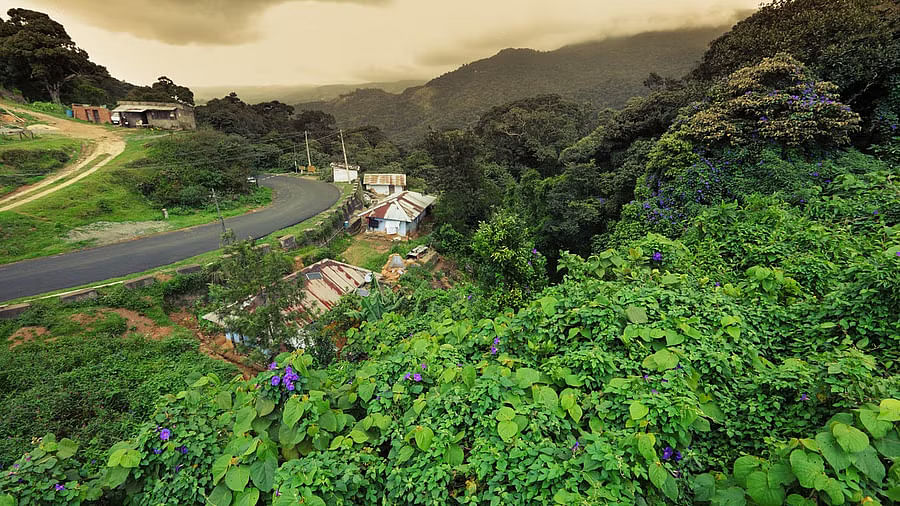
The Western Ghats in Munnar, Kerala.
Credit: iStock Photo
New Delhi: The Union government may go for a state-wise ecologically sensitive area notification in the Western Ghats rather than coming out with an omnibus one for the entire hill range, top sources in the Union Environment Ministry said here, noting that the responses from the states would determine the future course of action.
Sources said state-specific demarcation of the ESA in accordance with the draft Western Ghat notification might offer a solution to the vexed issue pending since 2014 as none of the Ghat states agreed to the zones marked in the notification.
The new approach is to identify the Western Ghats Ecologically Sensitive Area in a phased manner either state-wise or through a combined single notification.
A committee, headed by Sanjay Kumar, former Director General Forest in the Union Environment Ministry, is in discussion with the Ghat states – Gujarat, Maharashtra, Goa, Karnataka, Tamil Nadu and Kerala – to iron out the thorny issues, as flagged by the states. “A ESA notification for one state will automatically put pressure on others,” said a source.
A day after killer landslides swept the Wayanad region last week, the Union government for the sixth time issued a draft notification to declare over 56,800 square km of the Western Ghats across six states including Kerala as an “ecologically sensitive area”,
The biodiversity rich Western Ghats could not be marked as an ESA due to the objections from the states. But a sense of urgency seems to have crept in some of the states following the Wayanad tragedy in which over 200 people were killed by a series of killer landslides in Kerala and hundreds are still missing.
The states had objected to the Western Ghats protection scheme first proposed by an expert panel headed by ecologist Madhav Gadgil and later a watered down version put forward by a high level working group, headed by the ISRO chairman K Kasturirangan.
The Chief Ministers argued that the proposed conservation schemes were too restrictive to allow any development work in the hills that run parallel to the western coast. However, environmentalists, outside the government noted that illegal mining lobby and tourism industry put pressure on the government to delay the notification.
Meanwhile, Union Environment Minister Bhupender Yadav on Monday blamed Kerala for taking no action on “illegal mining, unregulated constructions and uncontrolled growth of human habitation” which triggered the landslides after heavy rain.
Yadav said in the last ten years, only one central project (a 17.26 km twin tunnel) was approved in Wayanad and that too only in-principle as work is yet to start. On the other hand, the state government sanctioned four quarries and five developmental projects on road constructions and communication links.
"It is an illegal protection to illegal human habitation by the local politicians in the name of tourism. They are not making proper zones. They allowed the encroachment of this highly sensitive area without any study on the impact of such works on soil erosion, topography, geomorphology and vegetation," Yadav said.
